Less than a year after he first spotted an impact scar on Jupiter's south polar region, astronomer Anthony Wesley spotted a bright flash at 20:30 UTC today (about three hours ago from the time of this post) that lasted about 2 seconds in Jupiter's faded south equatorial belt. The brightness of the flash indicates that it was mostly likely caused by a small asteroid or comet striking Jupiter's upper atmosphere and burning up. Wesley indicates that don't seem to be any markings left by the impact, like those seen after the SL9 impacts in 1994 and last July's impact, though it occurred late in the day at the impact site, and we may not see anything until the area rotates into view three hours from now.
The original thread where Wesley posted this image is located at the Ice in Space web forum. He plans to post a video of the impact in the next few hours as well. I want to give a tip o' the hat to Emily Lakdawalla for alerting us to this observation on her blog. Coincidentally, she points out that the Hubble telescope team has released several images of the site of last year's impact, as the scar became sheared by the planets's winds.
Another place to check for up-to-date news on this is at the Unmannedspaceflight.com forum, where several regulars are already discussing the impact.
UPDATE 5:18 PM MST: A video by Christopher Go in the Philippines is now online. Didn't seem to last very long.
Link: Jupiter impact, June 3 2010 [www.iceinspace.com.au]
Thursday, June 3, 2010
Subscribe to:
Post Comments (Atom)


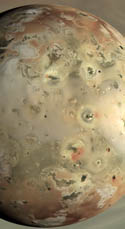



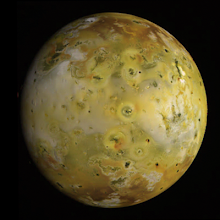

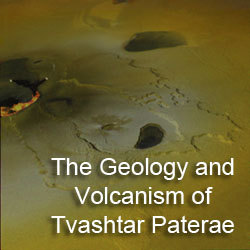
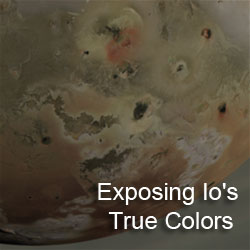
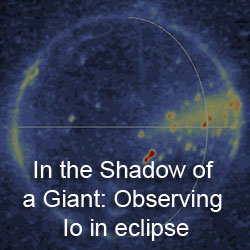
If you look closely, it appears the fireball is traveling in a southeast direction. Along curvature slightly. There appears to be a dense fireball tapering to a point with a half crest in front of the denser portion.
ReplyDelete